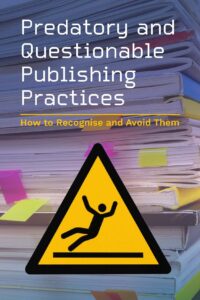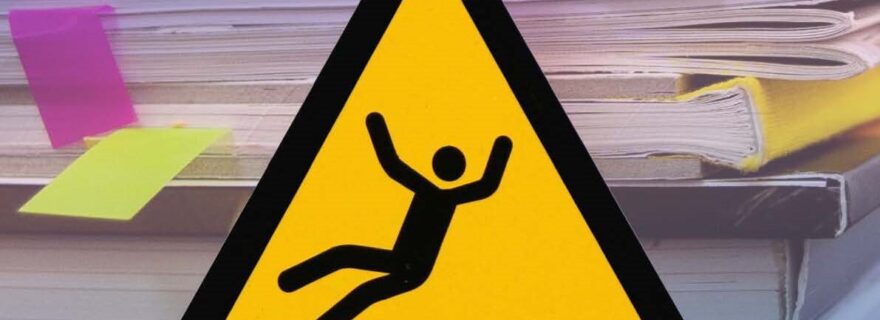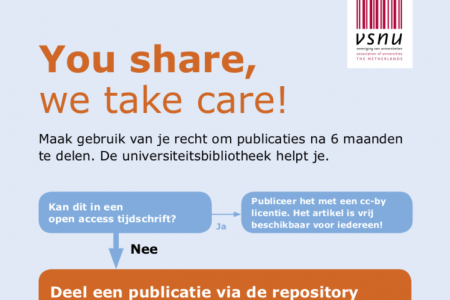Predatory and Questionable Publishing Practices: How to Recognise and Avoid Them
Four open access specialists at universities across the Netherlands have now written a guide to provide insight and practical advice for authors on how to avoid questionable and predatory journals.
The quality and integrity of open access publications are two things the open access team here at the CDS care deeply about. To support authors in publishing their work successfully, as openly as possible, and for the right audience, we investigate the latest trends in publishing, keeping abreast of the good, the bad, and the… questionable?
Our latest efforts in researching what’s happening in the world of publishing, together with colleagues at several Dutch universities, have resulted in the publication of a new guide for authors: Predatory and Questionable Publishing Practices: How to Recognise and Avoid Them
Read about this latest publication below, and access the guide freely via Zenodo.

The Good, the Predatory, and the Questionable
It is beneficial for scholars to publish in an authoritative, good-quality journal, book, or conference series produced by a reputable publisher in their research field. Publishers play an important role in the production and dissemination of scholarly research. They facilitate peer review, provide editorial support, handle production and distribution, and ensure availability of scientific publications. Yet there is growing concern about the increasing number of publishers and journals that conduct questionable publishing practices – e.g. low-quality peer review and/or aggressive acquisition – and the more fraudulent predatory publishers.
Predatory publishers can harm scholars and their institutions financially and reputationally by charging a fee for no peer review or publishing service at all. Predatory publishers and questionable publishing practices have a negative effect on the credibility of the published scholarly record and the scholarly community as a whole. Four open access specialists at universities across the Netherlands have now written a guide to provide insight and practical advice for authors on how to avoid questionable and predatory journals.
Our guide aims to answer concerns that especially early career researchers may have
- How can you recognize and avoid poor quality practices and publishers?
- What if you have submitted an article to, or are in a publishing process with, a publisher and something goes wrong or seems inaccurate?
At this moment there are thousands of trustworthy (open access) publishers worldwide. Almost every discipline is now served by a varying array of journals or other publishing outlets that provide high-quality services guided by best practices and international standards. The guide aims to help researchers find a reputable publisher who will help them increase their own visibility as well as the visibility of their work, and thereby boost the impact of their research results. We give some tips & tricks to avoid being lured into wrong decisions that sound too good to be true…..and are.
Get Involved!
Questionable and predatory publishing is a quickly changing and controversial landscape. The authors have opened up a Pubpeer page for the guide for public feedback. We welcome open comments and discussion about the guide and the field. Want to get involved? Get in touch with us via openaccess@library.leidenuniv.nl





